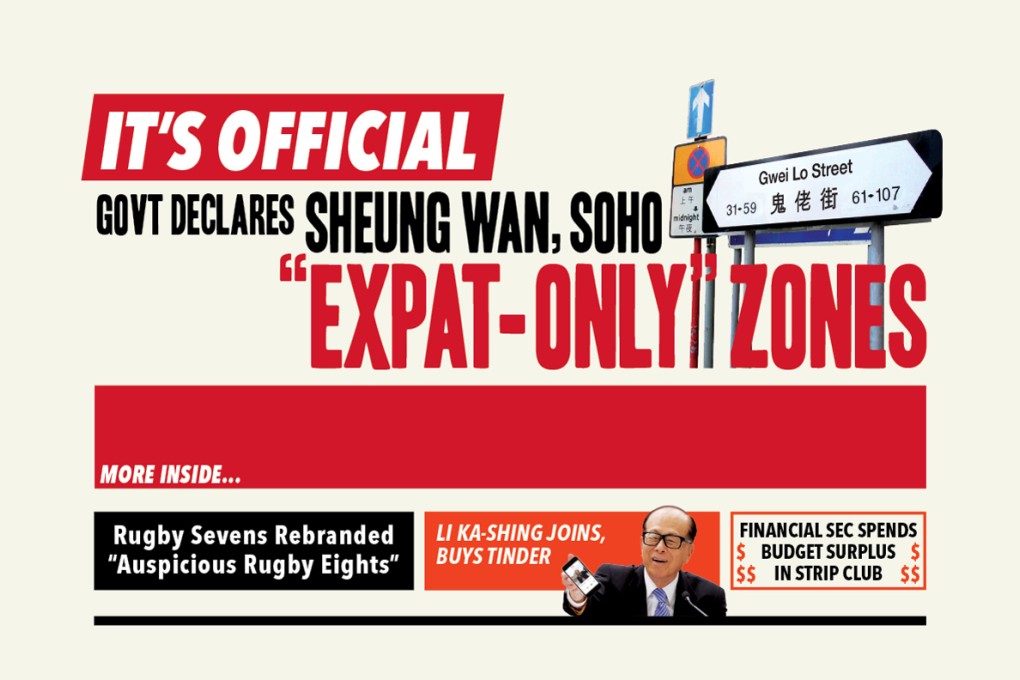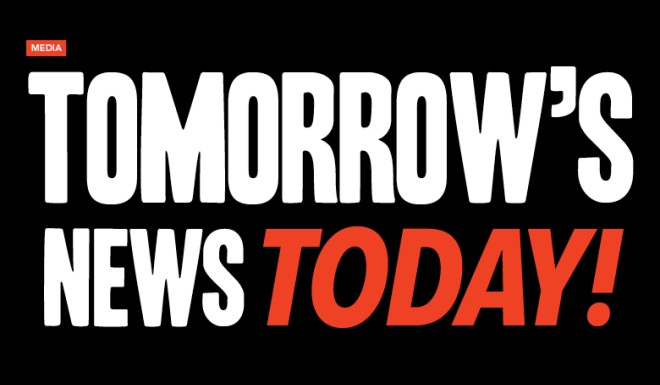Hong Kong's History of False News, Pranks and Scams
From Jackie Chan's death to a Hang Seng collapse that never happened, a look back at the city's falsehoods.

In 2005 the city woke up to a brand new musical sensation. Actors Daniel Wu, Terence Yin, Andrew Lin and Conroy “Drunk” Chan announced that they’d got together one night at karaoke and realized that they should start a group: and so four-piece boy band Alive was born. The group recorded an EP and was outraged when they discovered that one of their tracks had been illegally ripped and shared online before its actual release. Still, between that and a spot of bad-boy behavior—Wu ripped into “pale skin” Disneyland staff while filming a promo feature for them—the band got noticed. It looked like Alive was well on its way to Cantopop superstardom.
Except, of course, that none of it was real. Alive was actually a band created by the four in order to make 2006 mockumentary satire “The Heavenly Kings,” a skewering of the city’s pop industry—as Daniel Wu gleefully announced after the film’s premiere at the Hong Kong International Film Festival.

The four had come up with the idea of a mockumentary, then realized that the cheapest way to make the movie was actually to create the band. If they really performed they wouldn’t have to pay extras, could accept advertising cash, and so on. The song leak: they’d engineered it. Most of the band were pretty crap singers auto-tuned into harmony, and each was acting out a heightened version of their public persona: from Wu’s control freak image to Chan’s fame because he’s married to the much more famous Josie Ho.

